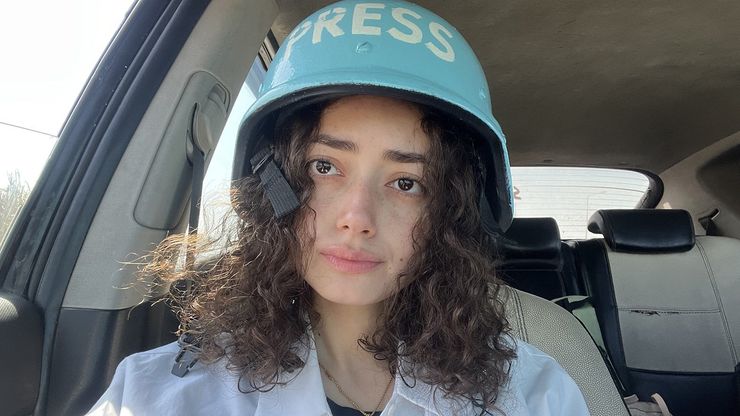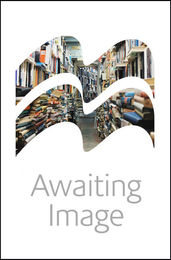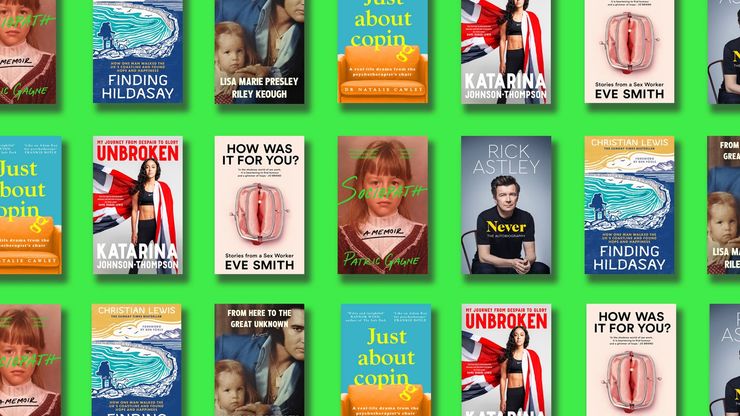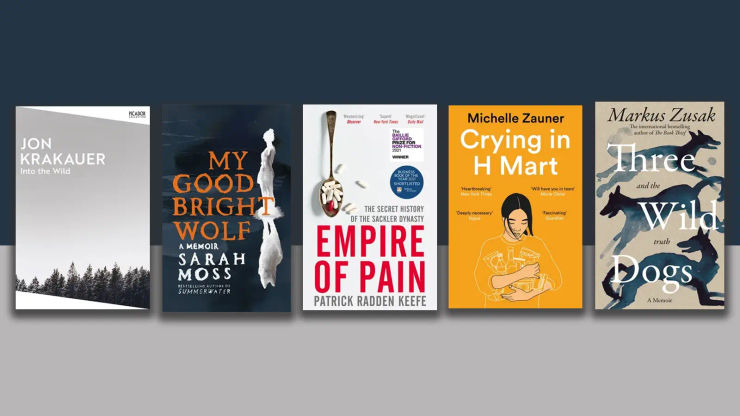'I’ve somehow normalized these events; they’re the only normal I know, and this is the environment I was born in.'
Plestia Alaqad, who in 2023 became known internationally as the Eyes of Gaza, on the realities of reporting from a war zone which is also your home.

In early October 2023, Palestinian Plestia Alaqad was a recent graduate with dreams of becoming a successful journalist. By the end of November, her social media posts depicting daily life in Gaza, amid Israel's deadly invasion and bombardment, would profoundly move millions of people. In her book, written as a series of diary entries, she tells the story of her experiences. Here, in two edited extracts taken from the beginning and the end of the book, we witness her first and last encounters in Gaza with journalist Mohamed Abu Safieh.
I had a hard time sleeping, but not because of the bombs or the unmanned vehicle drones. I’ve somehow normalized these events; they’re the only normal I know, and this is the environment I was born in. There’s nothing new there. But the thought of being live on the news? Even amidst the chaos, that’s new and exciting to me.
I wake up early, around 7 a.m.
Both the electricity and internet are cut off. Mohamed comes to pick me up. I don’t know a lot about him, but I am expecting an energetic journalist with curly hair (we already have a lot in common). The streets are empty, which is unusual. Even though Mohamed only contacted me for the first time yesterday, the chaos has united us, and he feels like an old friend already. There’s almost no one walking on the streets, and barely any cars. All I can hear is the sound of unmanned vehicle drones. You’ve probably never heard them (unless you live in the Gaza Strip). To explain it, imagine a fly buzzing close to your ear. The drone does the same thing: it keeps buzzing all day, like a fly, only worse. Ten times worse.
After a seven-minute drive, we reach Press House Palestine, and I conduct two interviews: one live, and the other pre-filmed, with Mohamed interviewing me. The Press House feels like a beehive, bustling with journalists who are coming to use the internet or to charge their phones and equipment. I don’t know most of them. Then I run into Hatem Rawagh, my ex-colleague who works there writing the news, and editing articles, films and other content – much like he did when we worked together. Hatem is an ambitious journalist who is always willing to go above and beyond to get any job done. If you need help with anything, you just know that Hatem is your guy. I barely have a chance to talk to him – I have to leave quickly due to the danger – but it’s nice to see a familiar face on the ground.
‘I’m outside, seeing the streets of Gaza around me in person. It’s different – at least ten times worse than it looks on television.’
As soon as I finish the two interviews, Mohamed drives me home, because I know mama will probably be worried. And if truth be told, although it’s only a seven-minute drive, I’m terrified myself. I was excited to be given the opportunity to do the interview, but it is only a temporary distraction. Gaza is already unrecognizable and it’s only day two. The Ministry of Health has announced that 413 Palestinians have been killed, seventy-eight of them children, and 2,300 people have been injured – and the word ‘injured’ here doesn’t mean bruises, sprains or strains. No. It means amputations, or severe burns.
The journey feels like it takes hours, not minutes. But now, sitting silently in the car, the gravity of the destruction and the impending danger begins to weigh on me. Yesterday, I was at home, following along with the news. Today, I’m outside, seeing the streets of Gaza around me in person. It’s different – at least ten times worse than it looks on television.
I go back home and mama is awake, waiting for me. She asks me how my interviews went, and how the situation is outside. I tell her that the streets were empty but, other than that, everything seemed okay.
The intermittent internet and electricity add to the atmosphere of uncertainty, with the only way of following the news being through teta’s radio, which is such a frustrating experience. The radio is broken, but it also somehow works, and teta has it turned on constantly – even while we’re sleeping. It’s horribly sporadic. When you need information, it is silent. When you don’t, it jolts you awake.
The news comes so suddenly.
My mom calls me at around 7 p.m., while I am at Hamad Hospital in Khan Younis, to tell me that we’re going to leave tomorrow, first thing in the morning. I have less than twenty-four hours’ notice.
It’s a sad reality that the borders aren’t open for everyone to travel through, and a sadder reality that the reason we are travelling is so that we don’t get killed, or starve to death, or be subjected to further forced displacement.
To pass through the borders, you either have to bribe Egyptian officials with a huge amount of money, be lucky enough to have dual citizenship or have family members abroad who can get you out of Gaza – which is the case for us.
My uncle happens to be Palestinian/Australian, so he’s able to apply for emergency humanitarian visas for us through the Australian Home Office, and we’re able to leave.
Mohamed and Hatem are with me when I receive the news. It isn’t a happy moment, or one of relief. We are all sad. They try to convince me to stay, as if I have an option. Then we realize that we’ve forgotten to eat all day, and that all we have to hand are candy bracelets. They make up our last meal together.
‘That car is our home. It’s where we eat, where we’ve slept, where we charge our phones, store our belongings and spend most of our time. How can a hunk of metal with four doors become a home to three people?’
Mohamed and Hatem drive me back to my family’s house. This is the saddest ride of my life, knowing that it is the last time we’ll ever work together, as a team, in that car.
That car is our home. It’s where we eat, where we’ve slept, where we charge our phones, store our belongings and spend most of our time. How can a hunk of metal with four doors become a home to three people?
When I arrive at the house, I go upstairs to my uncle’s flat and tell him and my cousins that I am leaving in a couple of hours. I can see that my cousins are happy for me, that I am going to make it out alive, but they are clearly sad to be left behind.
We try to make the most out of our last hours together. We share stories, memories of times gone by, when we were younger and the world hadn’t fallen apart. My cousin Belal sings for us, and Amani makes us cappuccinos to drink (coffee is rare – I searched for hours to find it, so we were saving it for a special occasion). We keep trying to distract ourselves from the future, from the fact that me and my family would be leaving Gaza a couple of hours later.
I barely sleep.
The Eyes of Gaza
by Plestia Alaqad
In early October 2023, Palestinian Plestia Alaqad was a recent graduate with dreams of becoming a successful journalist. By the end of November, she would be known internationally as the 'Eyes of Gaza', sharing social media posts depicting daily life in Gaza amid Israel's invasion and bombardment. Written as a series of diary extracts, The Eyes of Gaza shares the horrors of her experiences while showcasing the indomitable spirit of the men, women and children that share Plestia's communities. It recounts a harrowing experience, but it is not a heart-breaking lamentation. Rather, it is a manifesto for hope, advocating for a better future for Gaza, the Middle East, and our divided world.



